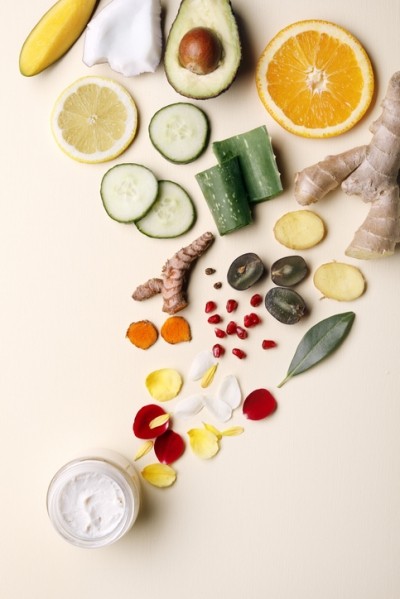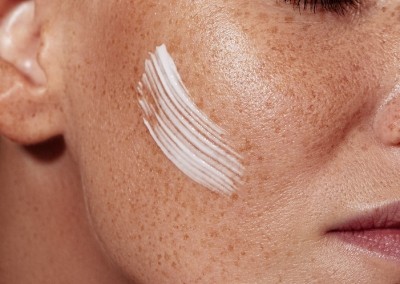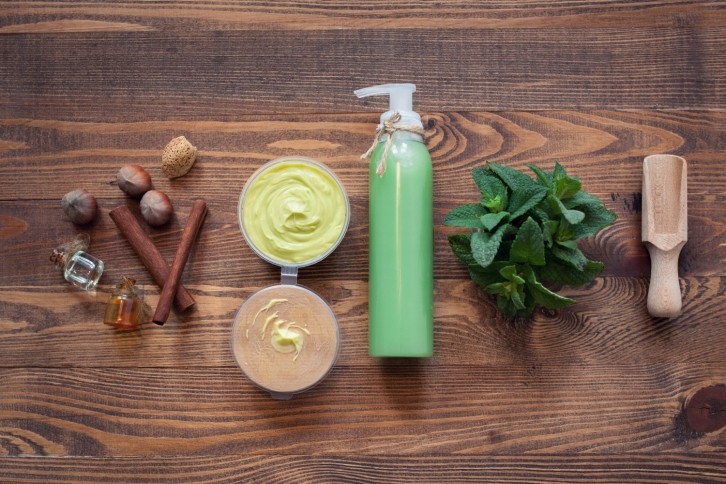Contents
Images: Getty According to a new in-depth study by research and consulting company Ecovia Intelligence, global sales of natural & organic cosmetics are forecast to reach $14bn this year. We explore the current landscape and what's next for this sector.
The firm said there is evidence that market growth is rebounding after a slowdown caused by the Covid pandemic and subsequent economic challenges that stemmed from geopolitical conflicts.
Ecovia Intelligence’s founder Amarjit Sahota said that Ecovia has been continuously researching the global natural and organic personal care market since 2003 by collecting data and information on leading operators, market trends and products.
“For this particular report, Sahota said it had undertaken a “trade audit; whereby we interviewed leading brands and distributors in Europe, North America and Asia.”
It had gathered and analysed information on market growth rates, sales channels, and competitive developments. Plus, it also undertook secondary research, which included information from websites, media and trade journals.
US & Europe lead, but Asia is fastest-growing market
Regionally, the research report showed that North America and Europe dominate this market, accounting for over 80% of total sales.
The US was the world’s leading market with natural and organic products making up 4.7% of the country’s total cosmetic sales.
However, the fastest growth is now happening in the Asian market, with new launches being the key factor driving this.
Ecovia Intelligence observed that new players across the globe are entering the market with novel products, while larger brands are also adding natural and organic products to their existing ranges.

Certification has become more important
Sahota said that the global natural & organic cosmetics market has grown from almost nothing in the 1990s to a $14bn market in 2024 and that it had “changed considerably” within the past decade.
One of these changes has been the increasing prevalence and relevance of product certification. “We have seen certification become more important: certified products now account for over two-thirds of natural and organic cosmetic sales in Germany and France,” he stated.
There are now over 30 standards, and the research revealed that COSMOS and NATRUE were “the most important” and had “the highest adoption rates in Europe.”
Within Europe, France and Germany had the highest share of certified products.
At a global level, certified products comprised roughly 26% of all natural and organic cosmetic sales.
Changes in product distribution
Increasing distribution has been another major growth driver for these types of products.
Although natural and organic food retailers remain the primary outlets for these cosmetics, Ecovia Intelligence said that distribution is increasing in drugstores, pharmacies, department stores, beauty retailers, and other retailers.
The report also showed that some brands are focusing on non-retail outlets like hair and beauty salons.
Sahota highlighted the importance of these changes in distribution. “Initially, most sales were from ‘alternative outlets’ i.e. health food shops and organic food retailers. However, distribution has now expanded to traditional outlets for cosmetics,” he said.
“Online retailing has also become important since the pandemic,” he added.
Competitive landscape has dramatically changed
Sahota said the competitive landscape has also altered beyond recognition. “Small niche brands were initially supplying natural and organic cosmetics products,” he said.
“Today, almost all multinationals have a stake in the natural & organic cosmetics market. They include L’Oréal, Estée Lauder Companies, Unilever, P&G, Edgewell Personal Care, Amorepacific, Colgate-Palmolive, etc.”
“Some have developed natural & organic lines to existing brands, whereas others have acquired natural/organic brands,” he stated.

What’s next for naturals and organics?
Ecovia Intelligence forecasts that market growth will continue to increase in the coming years.
The firm noted that rising consumer awareness of synthetic chemicals in cosmetics and toiletries is stimulating demand for natural and organic cosmetics.
“As consumers become more informed about the health risks associated with ingredients like parabens and mineral oils, they are increasingly opting for natural and organic products,” said Sahota.

